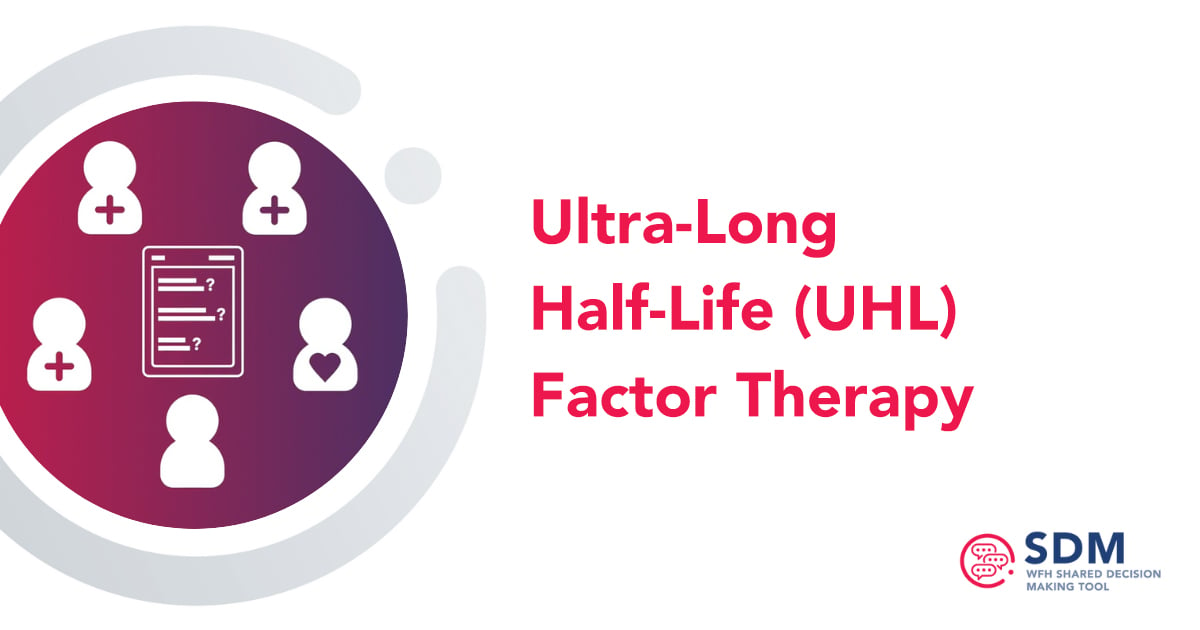
Ultra-Long Half-Life (UHL) Factor Therapy
This video gives a quick introduction to ultra-long half-life (UHL) clotting factor replacement therapy. Learn more about different treatment options
Year: 2020
Language: English
Author(s): World Federation of Hemophilia
Patient Education is a core function of the work of any national member organization (NMO). It plays a vital role in enhancing patient care and outcomes. An educated patient is not only better able to manage their condition, but they are also better placed to support NMO efforts in advocating for improved access to care and treatment.
Listen to this 75-minute webinar that took place on 18th September 2020, chaired by Magdy El-Ekiaby, MD, Regional Advisor for the Middle East. Speakers include David Page (Canada), Brian O’Mahony (Ireland), Solange Sakr El-Hage (Lebanon) and Masood Malik (Pakistan). The objectives of this session are to underline the importance of patient education as part of the NMO’s core functions; share international and regional lessons learnt through years of designing and implementing patient education programs; and discuss the challenges faced and the strategies that can be used to cope with changing country and regional contexts.

This video gives a quick introduction to ultra-long half-life (UHL) clotting factor replacement therapy. Learn more about different treatment options
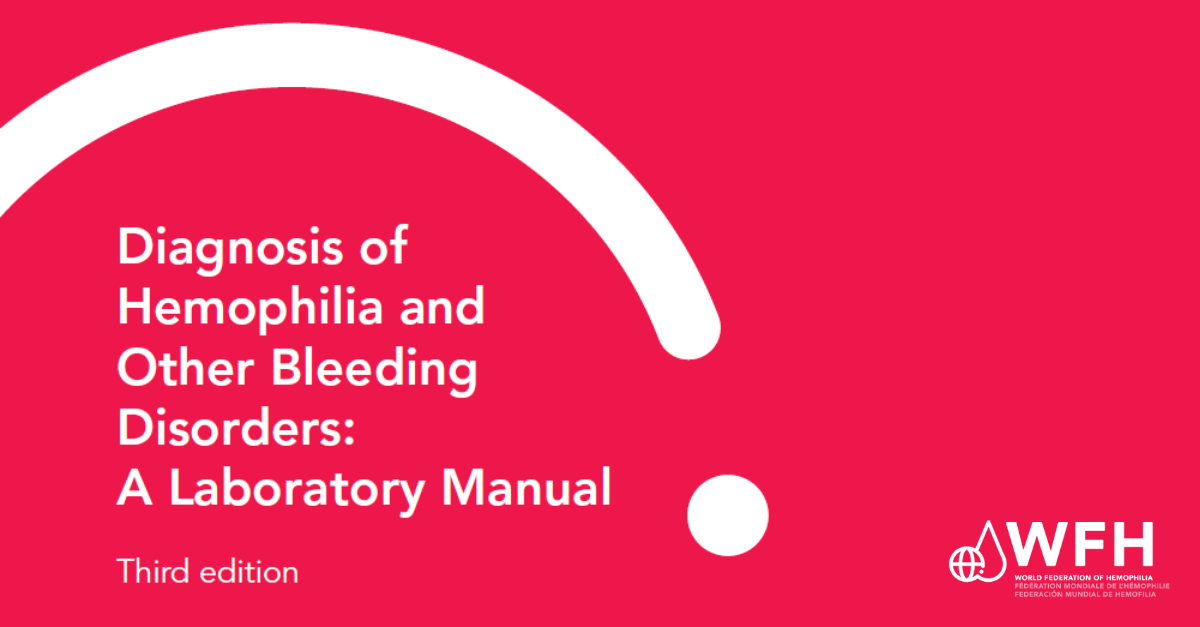
The 3rd edition of the WFH laboratory Manual is the definitive how-to guide for the accurate diagnosis of hemophilia and
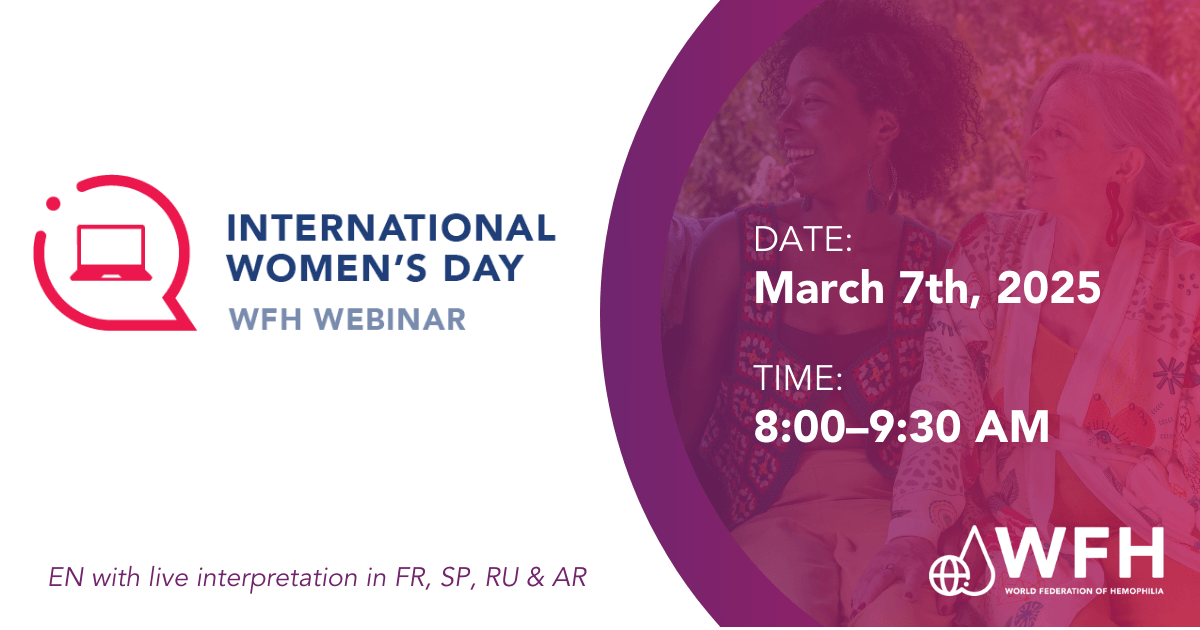
Listen to this 90-minute webinar presented on March 7, 2025, to learn about women and girls with bleeding disorders (WGBD).
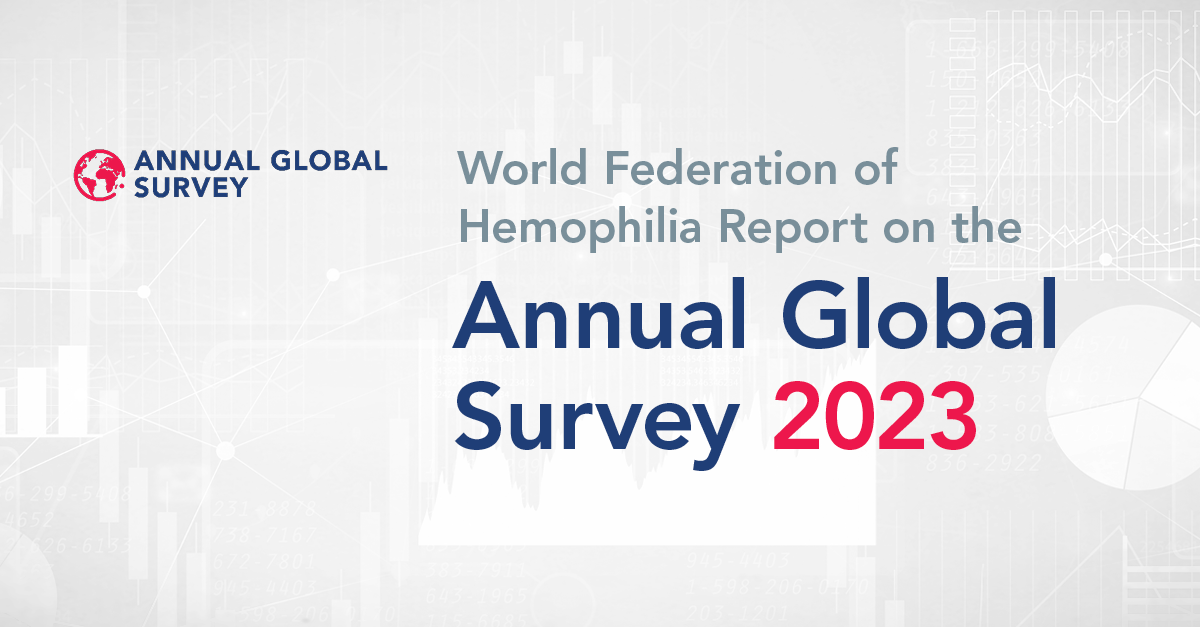
The Report on Annual Global Survey (AGS) includes demographic and treatment data, providing a global snapshot of people with hemophilia,
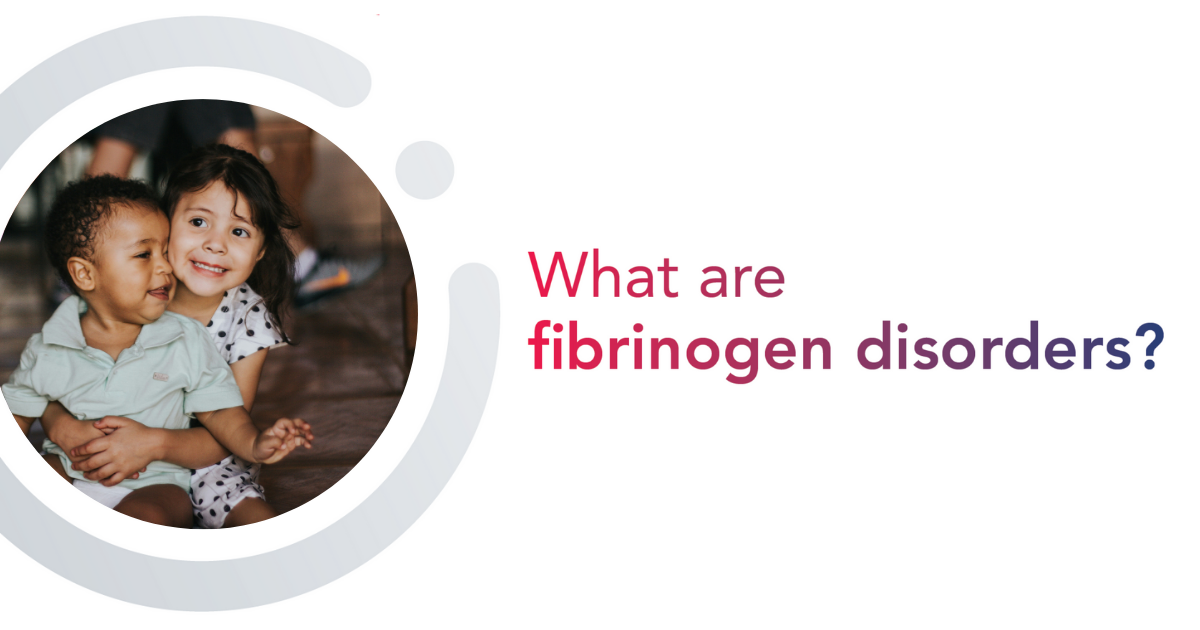
This patient handbook contains basic information about the inheritance, diagnosis, symptoms and management of fibrinogen disorders, including afibrinogenemia, hypofibrinogenemia, dysfibrinogenemia

Publishing in Haemophilia—the official journal of the WFH—presents both opportunities and challenges for researchers and practitioners in the field. While